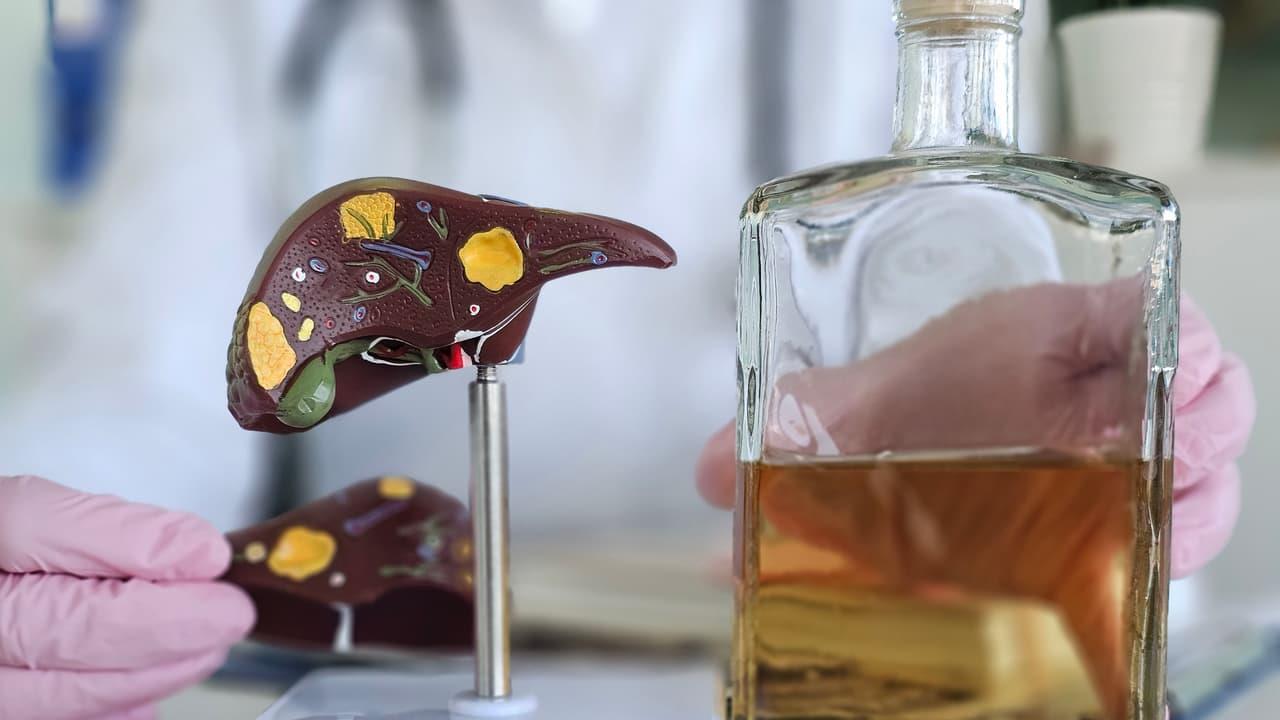
Enzyme Blocker Cuts Alcohol Cravings And Prevents Liver Damage In New Research
Scientists have discovered a surprising connection between alcohol use and the way the body handles sugar-one that could reshape how we treat addiction and liver disease. A new study from the University of Colorado Anschutz Medical Campus reveals that alcohol doesn't just harm the liver directly; it triggers the body to make a form of sugar that reinforces the urge to drink.
Alcohol's Unexpected Sugar Loop
Researchers found that alcohol activates a metabolic pathway that leads to the internal production of fructose, the same sugar found in many sweetened foods. This process depends on an enzyme called ketohexokinase (KHK). Once produced, the fructose seems to intensify alcohol cravings and worsen liver stress, creating a cycle where drinking promotes even more drinking-and more damage.
Blocking KHK Dramatically Reduces Drinking
To test the enzyme's impact, scientists studied mice with KHK genetically removed or medically blocked. The results were dramatic. These mice showed:
- Far less interest in alcohol Reduced reward-driven drinking behaviors Much healthier liver tissue Lower levels of fat buildup, inflammation, and scarring
Essentially, removing KHK broke the biological loop connecting sugar metabolism and alcohol dependence.
A New Target for Treating Liver Disease
The findings highlight a shared metabolic pathway behind alcohol-associated liver disease (ALD) and metabolic dysfunction-associated steatotic liver disease (MASLD). Both conditions rely heavily on fructose-driven processes, suggesting that targeting KHK could help patients regardless of whether their liver damage is caused by alcohol, diet, or both.
This metabolic insight opens a promising new door: instead of treating the consequences of alcohol, scientists may be able to stop the cycle at its source.
Legal Disclaimer:
MENAFN provides the
information “as is” without warranty of any kind. We do not accept
any responsibility or liability for the accuracy, content, images,
videos, licenses, completeness, legality, or reliability of the information
contained in this article. If you have any complaints or copyright
issues related to this article, kindly contact the provider above.

















Comments
No comment